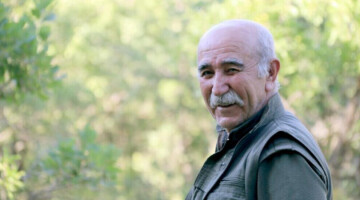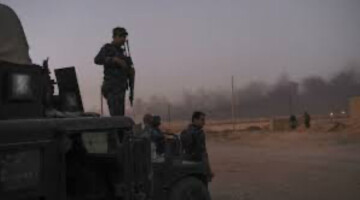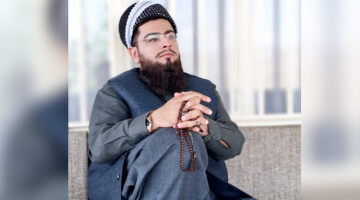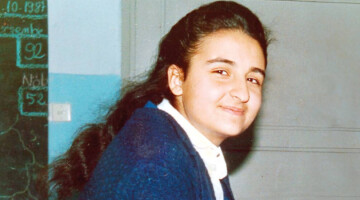The Press Center of the People's Defense Forces (HPG) has published the names of three fallen guerrillas. Dijwar Şervan, Kendal Cûdî and Ernesto Che Guevara died at different times while resisting the Turkish occupation in the region of Metîna in South Kurdistan. The HPG paid tribute to the martyrs as leading militants of the Kurdish freedom movement, who fought against the Turkish army and the Islamic State in many different areas and maintained their revolutionary stance until their last breath. The HPG said that their memory is a guide to strengthen the fight and expressed their condolences to their families and the people of Kurdistan.
The HPG provided the following information about the identity of the fallen:
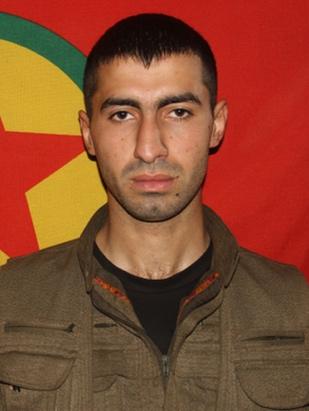 Codename: Dijwar Servan
Codename: Dijwar Servan
First and last name: Mehmet Çetin
Place of birth: Amed
Names of mother and father: Sana – Abdulselam
Date and place of death: 2 October 2023 / Metina
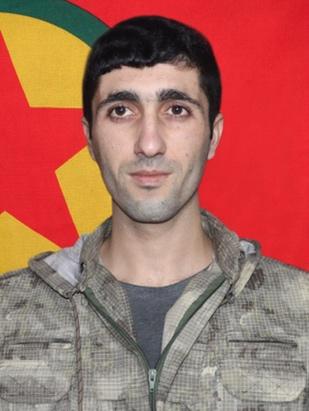 Codename: Kendal Cûdî
Codename: Kendal Cûdî
First and last name: Rizgar Derwêş
Place of birth: Dirbesiyê
Names of mother and father: Ferha – Bişar
Date and place of death: 28 November 2023 / Metina
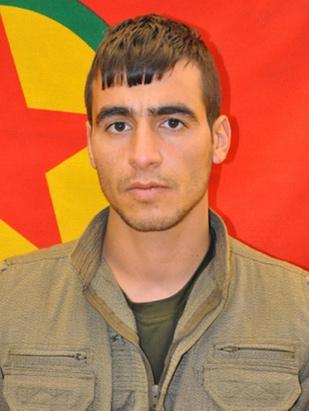 Code name: Ernesto Che Guevara
Code name: Ernesto Che Guevara
First and last name: Jiyan Bilge
Place of birth: Amed
Names of mother and father: Qumrî – Süleyman
Date and place of death: 3 December 2023 / Metina
Dijwar Servan
Dijwar Şervan was born in Amed and grew up with Kurdish culture and awareness of the repression by the Turkish colonial state. His father was in prison for many years because of his Kurdish identity. Dijwar attended government schools for several years, which he perceived as assimilation centers, and contributed to his family's livelihood with various jobs.
He was active in the youth movement until he joined the guerrillas in the mountains of Amed after the ISIS attacks on Rojava and Shengal in 2015. He received a short training and learned some principles of guerrilla warfare and the culture and ethics within the PKK. At his own request, he then crossed the border to Rojava, where he fought courageously and determinedly against ISIS in the following years and was involved in the liberation of many areas. He achieved great military experience and supported his fellow fighters in their development. As a staunch supporter of the Rojava Revolution, he was particularly loved by the people of Kobanê.
As ISIS continued to be repelled and the Turkish state itself attacked and occupied Afrin, Dijwar went to the Shehid Mahir Academy in the Medya Defense Areas. During his training, he dealt with modern guerrilla tactics and was quickly able to teach other fighters. At the same time, against the background of the PKK philosophy, he dealt with his own personality and fought against peculiarities of his character that hindered him on his revolutionary path. He trained dozens of fighters in the use of various weapons and then went to the front in Metîna, where he took part in many successful actions against the Turkish occupying forces and died in an enemy attack on 2 October.
Kendal Cudi
Kendal Cûdî was born in Dirbesiyê and knew the PKK as a child. His family had supported the Kurdish freedom movement in Rojava since the early 1990s and was often visited by PKK cadres who talked about the guerrillas and Abdullah Öcalan. During the Rojava Revolution, Kendal became active in various areas and took part in defending the population against attacks. Because that wasn't enough for him, he went to the mountains in 2016 and became a guerrilla.
During his basic training in Gare, the cooperative relationships in guerrilla life and the liberating effect of the mountains made a great impression on him. When asked why he joined the PKK, Kendal said that although there are many organizations in Kurdistan and the Middle East, the Kurdish freedom movement is the organization for a new life: “I have come to believe that freedom and truth can only be achieved with the thoughts of Rêber Apo [Abdullah Öcalan]. In contrast to the individualistic life in the capitalist system, the PKK has developed a collective way of life in which every person is valuable.”
Kendal developed into a competent guerrilla and was in various areas before becoming part of the resistance against the Turkish invasion of Metîna. He took part in many actions with great conviction and morale and was killed in an enemy attack on 28 November.
Ernesto Che Guevara
Ernesto Che Guevara was born in Amed-Bismil. His family belonged to the Bêrîtan tribe and was close to the liberation movement. Ernesto grew up with Kurdish culture and a great love for Kurdistan and learned the reality of the struggle early on. He experienced oppression by the Turkish state and witnessed various massacres. As an adolescent, he became active in the youth movement because he felt responsible for defending his people. In this work he became aware that the state was using many different methods to combat the freedom movement and was also committing cultural genocide.
Close relatives of his joined the guerrillas and Kendal followed their path into the mountains when the Turkish state broke off talks with Abdullah Öcalan in 2015 and began implementing a new plan for extermination. He joined the guerrillas in the region of Mardin (Mêrdîn), from where he came to Besta for his initial training. He later described his time in Besta as the best phase of his life. The collective interaction with each other left a formative impression on him. He later came to the Medya Defense Areas for more extensive training, stayed for a while in Heftanin and then took part in the defense of the Yazidi community in Shengal. He took part in liberation offensives against the Islamists, showing great courage and determination that came from his anger at the massacres committed by ISIS. He was also involved in training Yazidi youth for self-defense.
After completing his task in Shengal, he returned to the Medya Defense Areas and took part in the resistance against the Turkish occupation attacks in Heftanin. He then continued his fight in Metîna. During the Turkish chemical weapons attacks on guerrilla tunnels in the Zendûra mountain in 2021, he was involved in many resistance actions. The desire for revenge for his comrades killed with poison gas became his primary motivation in his fight. With his military discipline and his sincere solidarity, he took on responsible tasks in various areas in Metîna, which he carried out successfully. Ernesto was killed in an enemy attack on 3 December.

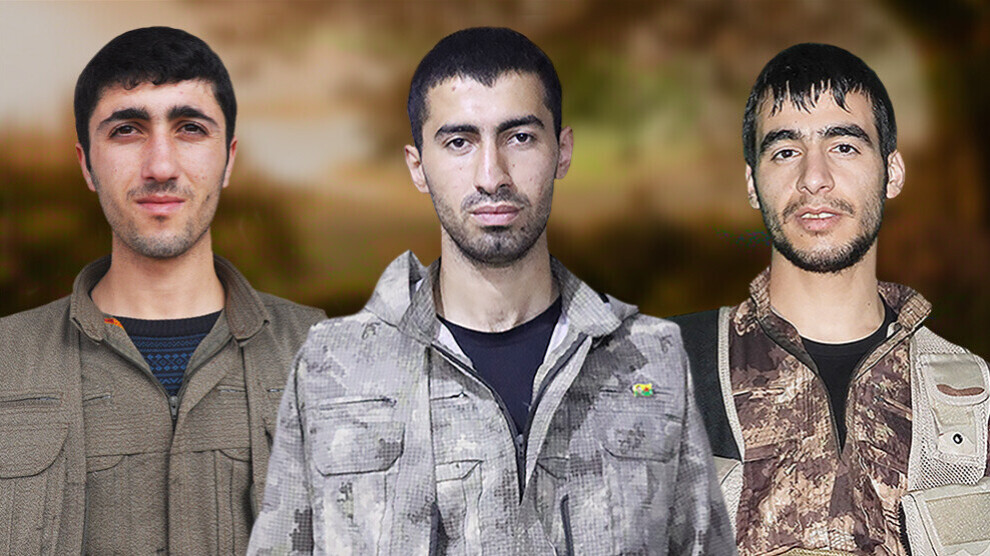
 Codename: Dijwar Servan
Codename: Dijwar Servan Codename: Kendal Cûdî
Codename: Kendal Cûdî Code name: Ernesto Che Guevara
Code name: Ernesto Che Guevara







